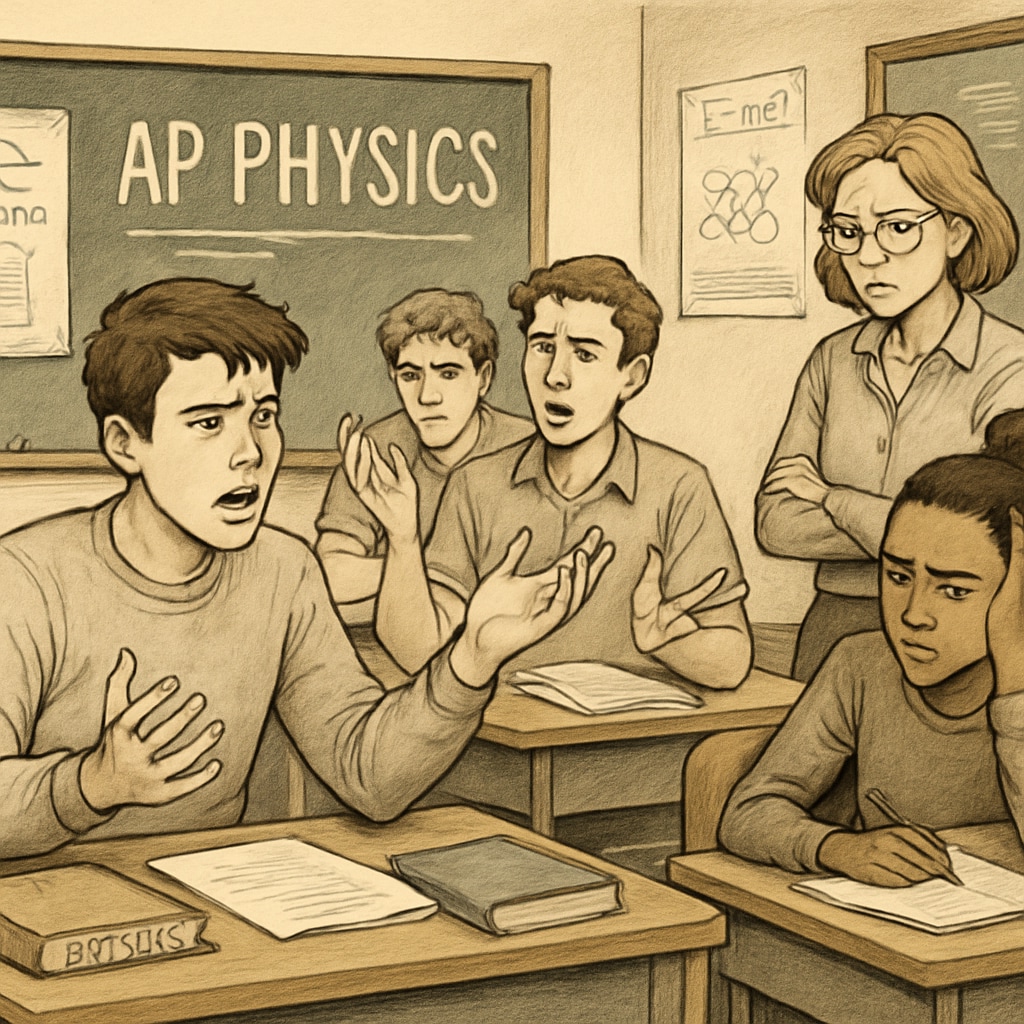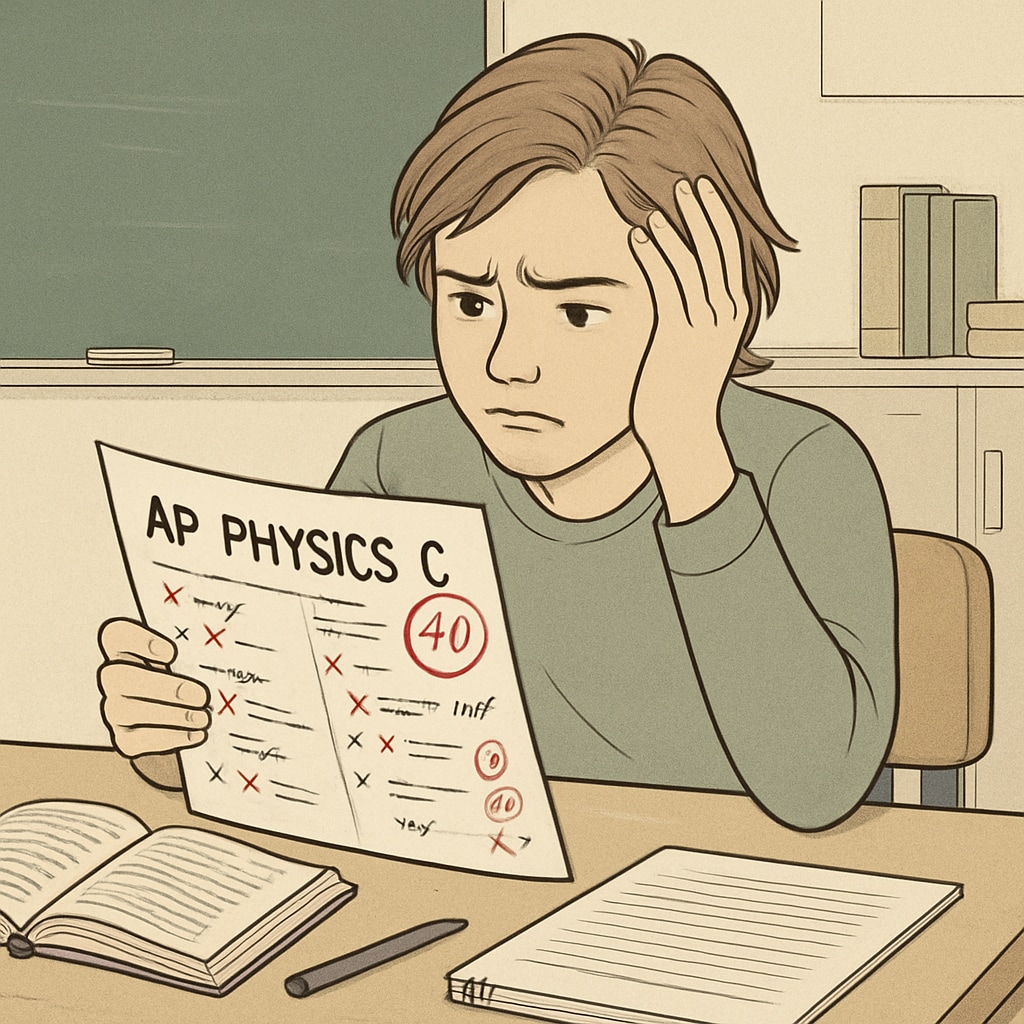Instances of professional misconduct in AP Physics C have highlighted troubling issues within academic systems, including exam errors, student appeals, and teacher accountability. While AP courses are designed to prepare students for college-level academics, cases of unfair grading practices and teacher errors reveal deeper flaws in how fairness is maintained during student evaluation processes. This article examines a real-world example of such misconduct, exploring the systemic barriers students face when seeking justice and the broader implications for academic integrity.
Understanding Professional Misconduct in AP Physics C
Professional misconduct in an AP Physics C classroom can manifest in various ways, from incorrect grading to biased treatment of students. In one notable case, students discovered significant errors in their exam evaluations, including mathematical mistakes and inconsistent application of grading rubrics. When students sought to address these discrepancies, their concerns were met with resistance and dismissal, creating a challenging environment for those advocating for fairness.

Such errors are not limited to individual incidents but reflect a broader issue within the academic system. Teachers, who hold significant power over student outcomes, are rarely held accountable for their mistakes, leaving students vulnerable to injustice. For example, the lack of transparent grievance mechanisms often deters students from formally appealing their grades, as they fear retaliation or lack the resources to navigate complex bureaucracy.
The Student Appeals Process: A Systemic Review
When students encounter issues such as exam errors or perceived unfair treatment, the appeals process is intended to provide a pathway for resolution. However, this system often fails to deliver justice due to several inherent flaws:
- Lack of Transparency: Students are rarely informed about the criteria used to evaluate appeals, making it difficult to prepare a compelling case.
- Power Imbalance: Teachers and administrators often hold disproportionate influence over the outcome, leading to biased decisions.
- Resource Limitations: Students may lack access to expertise or documentation needed to challenge errors effectively.
Even when appeals are successful, the process can be emotionally taxing and time-consuming, detracting from students’ academic focus. These systemic barriers underscore the need for reforms that prioritize fairness and accountability in educational settings.

Protecting Academic Integrity: What Needs to Change
To address the issues highlighted in this case, educational institutions must implement stronger safeguards against professional misconduct. Key recommendations include:
- Enhanced Training for Teachers: Regular workshops on ethical grading practices and student engagement can minimize errors and biases.
- Transparent Appeals Mechanisms: Institutions should standardize the appeals process, providing clear guidelines and ensuring impartial oversight.
- Empowering Students: Schools should offer resources, such as legal advice or academic consultants, to help students navigate the appeals process.
By addressing these systemic flaws, educational institutions can create a more equitable environment that prioritizes student welfare and academic integrity. For instance, organizations like the Education section on Britannica emphasize the importance of fair evaluation in fostering positive learning outcomes.
Conclusion: Moving Toward Fairness in AP Physics C
Cases of professional misconduct in AP Physics C highlight the urgent need for systemic reform in academic systems. Students must be empowered to challenge unfair practices without fear of retaliation, and institutions must hold educators accountable for their mistakes. By prioritizing transparency, accountability, and fairness, we can create an educational environment that truly supports academic growth and integrity.
As a result, addressing these challenges is not just about resolving individual cases but about fostering a culture of fairness and respect in education. For further reading on academic fairness principles, visit Academic Integrity on Wikipedia.


